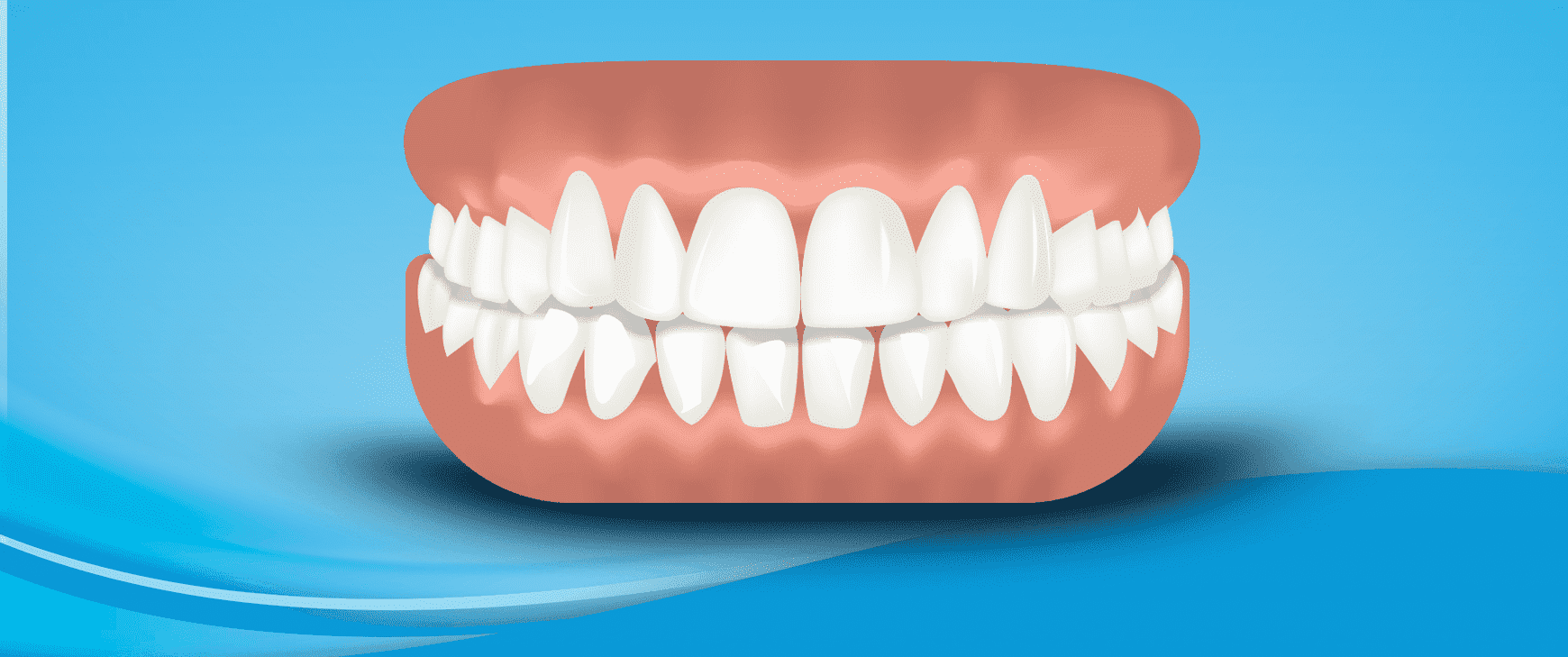Dental anatomy and physiology
Salih ÖNDER2022-09-05T21:12:28+03:00What are the building materials of teeth?
Teeth from outside to inside; It consists of layers called enamel, dentin and pulp. There is also the cement layer, which we define as the root surface. Each of these contains different proportions of organic and inorganic matter and water. Enamel, dentin and cementum form the hard parts of the tooth, while the innermost pulp is the only soft layer of the tooth.
What does tooth enamel do? What happens if it gets damaged?
Tooth enamel covers the visible parts of the teeth as a protective layer. It protects the teeth against the physical and chemical effects of some foods during chewing and prevents the inner layers from being damaged. It is the hardest calcified tissue of our body. 96% of it consists of calcium salts. Since it does not contain nerve cells, it is not sensitive to stimuli such as heat, sweet and sour on its own and is transparent.
Although enamel is a very hard structure, it can be damaged by physical and chemical factors. Causes such as trauma, clenching or grinding, breaking hard-shelled foods with the teeth, consuming acidic drinks and foods, and aging cause the formation of cracks, fractures or wear and thinning of the tooth enamel.
According to the degree of damage to the enamel, sensitivity to hot and cold, if the wear is too much, the long-term joint problems as a result of the decrease in the vertical dimension between the lower and upper jaws, and the most common damage, cavities that develop as a result of poor oral hygiene.
Depending on the damage encountered, night plaques are prepared for the patient to relieve enamel sensitivity with Flour applications or to protect the teeth against the effects of clenching and grinding while treatments such as fillings are applied.
What does dentine mean? What happens if it gets damaged?
Dentin is the 2nd layer below the enamel. It is softer than enamel but harder than bone. It is the layer that gives color to human teeth. It consists of a large number of fluid-filled canals with one end connected to the pulp. When the enamel is removed, the tooth becomes sensitive because the pulp will be open to external stimuli with canals. It is a living tissue that renews itself throughout life and can protect itself when faced with an effect such as bruises or trauma. Teeth in older people are more yellow as enamel thins and dentin thickens as they age. On the other hand, as a result of trauma and constant irritation, calcium phosphate material can accumulate in the dentin canals and the canals can be blocked. This is the tooth’s self-protection mechanism.
If the caries caused by poor oral hygiene has passed the enamel and reached the dentin, the caries is cleaned using steel burs and the filling is done.
What does pulp mean? What happens if it gets damaged?
The pulp is a connective tissue surrounded by dentin in the crown and root of the tooth, surrounded by nutritive, sensory and protective functions, and surrounded by an abundant vascular and nerve network.
It can be damaged by being infected as a result of bruises or trauma. Depending on the degree of this infection, it causes hot cold sensitivity and pain. If mild pain, especially cold, increases the pain, the tooth can be saved by a process called capping. Root canal treatment should be applied if there is pain enough to keep you awake at night and heat sensitivity is constant. Again, as a result of chronic traumas (such as clenching, closing disorders), the pulp may become necrosis in the long term, and as a result, the tooth is saved by performing root canal treatment.
What does cement mean? What happens if it gets damaged?
Cementum is a specialized calcified tissue that covers and protects the root surface of the tooth. It is softer than enamel and dentin.
Root surface caries may develop as a result of abrasions and cracks in the enamel cement junction. In such cases, the caries is cleaned and a filling is applied. When a meltdown in the bone tissue surrounding the tooth roots and gingival recession occur due to reasons such as gingivitis, sensitivity develops in the teeth as the root surfaces are opened to the oral environment. In such cases, it is tried to take care of the hygiene and care of the root surfaces, and to eliminate the sensitivity by insulating the structure of the root surface with agents such as toothpaste containing flour ions.
Kayseri Hospital
Chief Physician Dt. Zeynep CETIN

